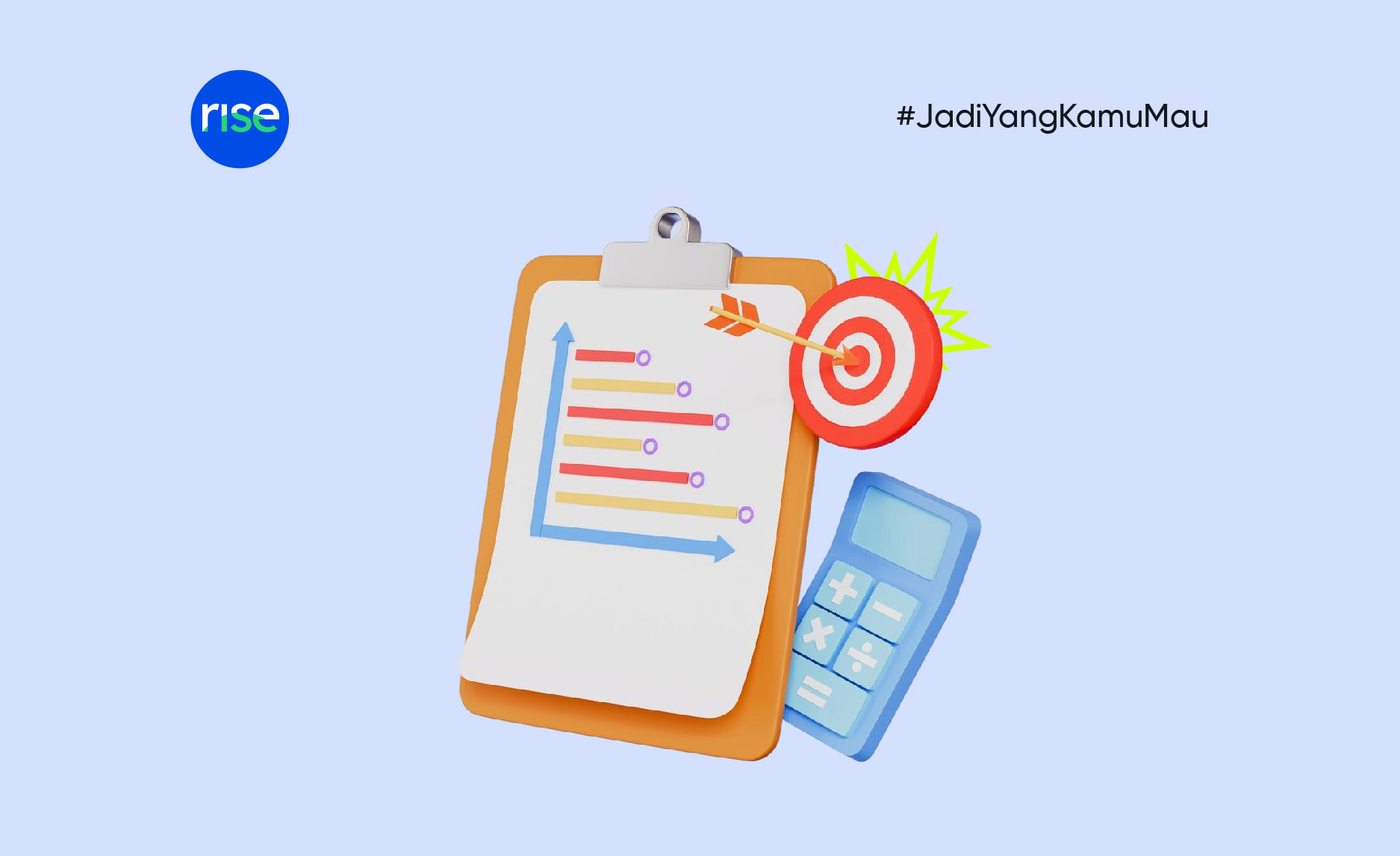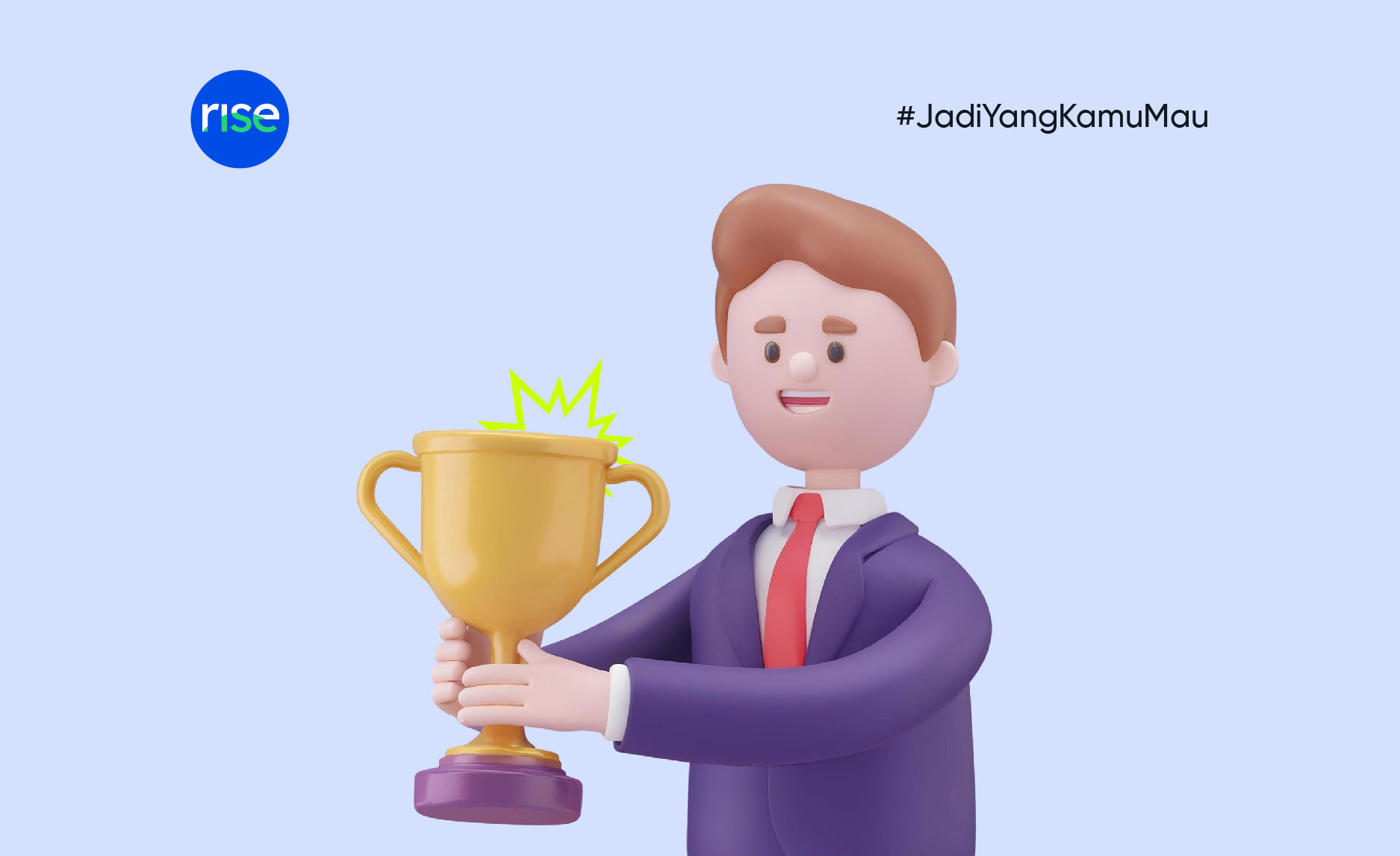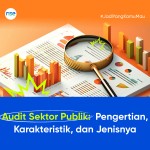It’s always the same with work: having nights replying to waves of emails and document requests become
the standard, being told that our jobs are our life, and sustaining the belief that our skills are
indispensable. A perfect career is something that many students or gen z should know!
Many developments in the workplace have changed our perception of what it means to have a perfect
career. It may be a balanced rhythm between your life and work, having flexible hours with the option of
4-day work weeks, or fulfilling the expectation to make ends meet. Oftentimes, the following isn’t the
case; approximately 85% of people are unhappy with their jobs. Perfect career will also help you to plan your future
Anyone can be in a wildly different place than they once hoped for. We change when the workplace does;
the workplace changes when the world does. It is equally thrilling and dreadful that this is a process we
cannot stop.
What Does Your Ideal Workday Look Like?

Members of Generation Z gravitate towards the idea of a work-life balance and understand that work is
not where all your responsibilities lie. An important precursor to this may include the phenomenon of
remote work; employees are now offered to work asynchronously or adjust their own work hours to
support their responsibilities outside of work. Generation Z makes a distinction by appreciating the work
and ownership they take part in.
Doing what you love comes easy, even when it looks grueling to others -characteristics such as income do not matter as much or are not one of the main priorities of Generation Z.
The most technologically connected generation is the one that craves the most experience - over the time
that Generation Z begins to change modern workplace culture, many interactions between businesses and
people are done for the experience.
Online webinars, a two-day ‘intro to programming’ Bootcamp, and the frenzy surrounding internships are all instances of this. Moreover, workspaces have begun to adapt to Generation Z’s ideal career by fostering collaborative environments and prioritizing work-life balances.
The Workplace Will Change: The Question Is How.

Think tanks such as the Mckinsey Global Institute conducted studies that revealed that manual skills
would become decreasingly important, while technological and emotional skills are expected to be of high
value. Expectations in the workplace are also changing with technological demand, such as how cognitive
skills work as the ‘bare minimum’ for employees.
Although some forms of work may remain as specialized, many of them will become digitized - in response, we have no choice but to adapt through learning foundational skills that we are unfamiliar with. Mckinsey has defined instances of this such as structural problem-solving, the ability to learn, and digital literacy.
The importance of upskilling only reveals to us that having a clear path for the future - no matter where
you are in life - is not necessary.
In recent years, the demand for new skills has grown by 60% - having dexterity is fated to overpower any
form of experience or tenure. One of the familiar cusps of the changing world is COVID-19, proving to us
multiple nuances about modern work culture. Skills can expire - while workers three years ago could have
been fulfilled with their status quo, they quickly lost relevance.
To those that are high school students that are knee-deep in the pool of job searching, two or eight years into your career, or entering your first internship, reflect on where you are and where you’d like to be.
How Can We Gain Momentum In The New Workspace?

Perhaps this article may not apply to you, someone who is fully certain on their track to professional work
no one is going to convince you otherwise. However, in the case that you feel an unexplainable concern
with where you are in your career, you may look towards these 3 actions to help you decide.
Orienting your career choices involves defining your objectives and your status quo. Where
do you want to go, and what do you need to do to get there? Think about what you enjoy doing,
the people you enjoy being around, or what you want to avoid for the rest of your life. Factors
such as financial need may come into play and greatly affect your evaluation.
Evaluating your current situation and your satisfaction with it allows you to understand the skills that you possess.
Furthermore, having these skills may define your objectives and align them to your current
expertise, such as playing an instrument exceptionally well.
When faced with indefinite answers, one must conclude that there is more you can be doing
than what you’re not doing yet. Fortunately, upskilling is more accessible than ever;
certifications like diplomas have decreased in necessity as more and more skills are available to
learn online.
Organizations such as Coursera or Udemy have standardized the process of
volunteering and developing your skills in the future; more importantly, organizations such as
Harisenin are able to specialize in the Indonesian job market to develop it’s skills. If the current
skills or knowledge you have are not directly related to your perfect career, you’ll require
immediate steps to get there.
You don’t have to take over the world - even that has its downsides. This need comes from
the urge to impress others, which is ultimately caused by being in a position that you are not
satisfied with. Our strengths are finite: playing the game of perfection and attempting to master
all your trades is impossible.
However, we all have something that is capable of success at any changing moment - the term of having ‘unfair advantages’ was coined to describe this. Many successes in the past have happened because of leverage; you may have learned important skills earlier, causing you to have ease in job searching. You may also have worked in multiple fields at
an earlier time, gaining experience that may have disadvantaged you further.
One version of you may have fully committed to one career or plan, while another may go completely
against said plans at any given time. It is impossible for you to not change when the world does. To some,
it is miserable. To some, it is a challenge.
This article was written in collaboration with Harisenin and We The Genesis, with the aim of creating a
culture and work environment that is dynamic and loved by today's generation. Check out other related
articles, including features by Harisenin here!
Works Cited
“5 Things Gen Z Values in the Workplace.” DCAA, 22 Mar. 2021,
Cheremond, RJ. “6 Ways the Workplace Will Change in the Next 10 Years.” Gartner, 20 Aug. 2019,
Elfond, George. “Why Employee Upskilling And Reskilling Is So Important Right Now.” Forbes, 21 Dec.
2020,
Wildstein, Evan. “In Defense of Not Figuring Out Your Career in Your 20s.” Medium, 16 Mar. 2022











